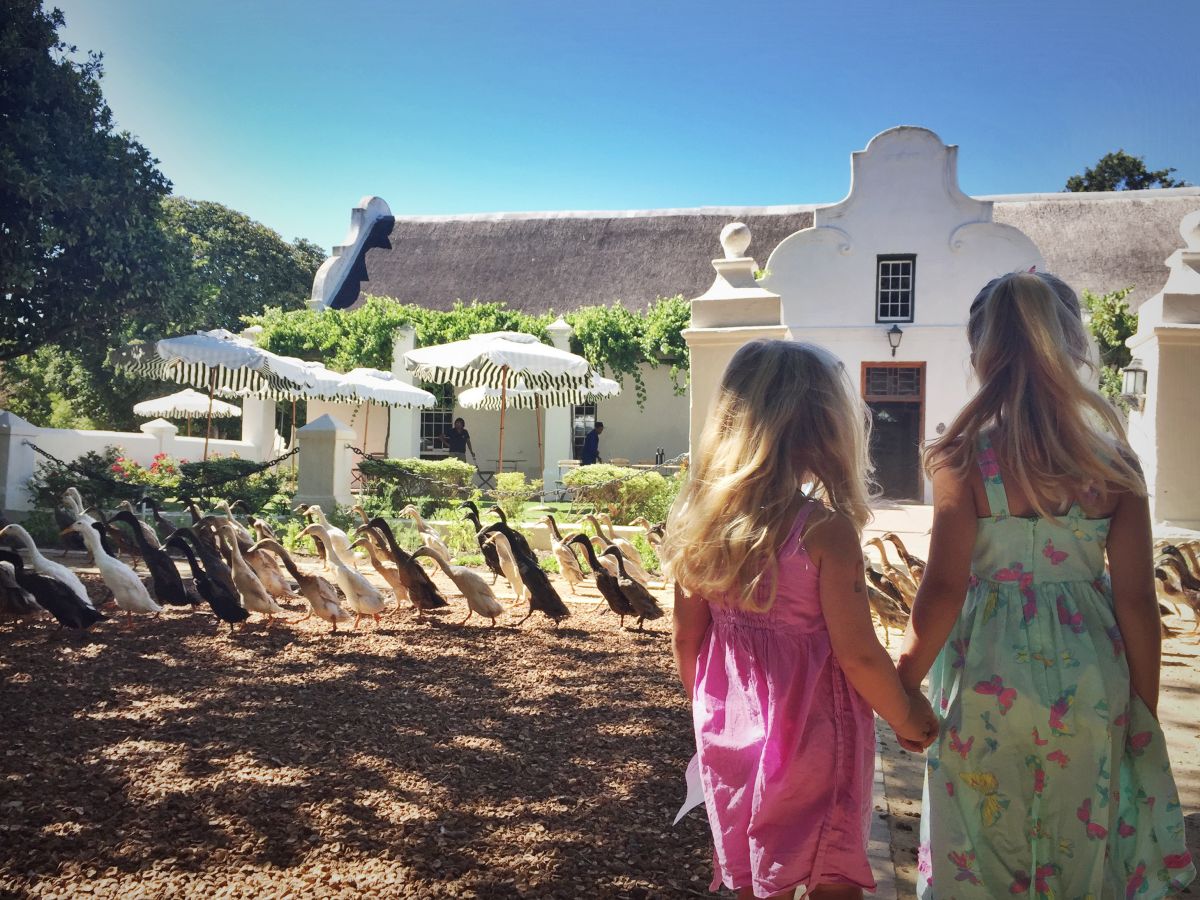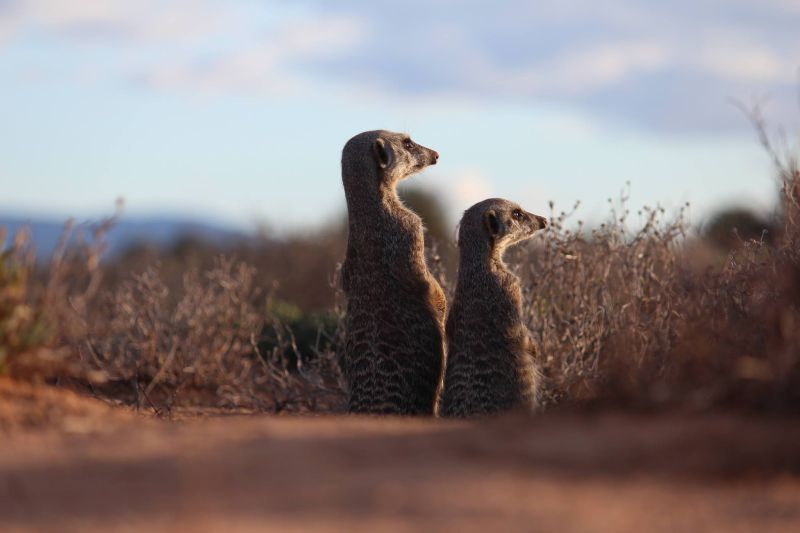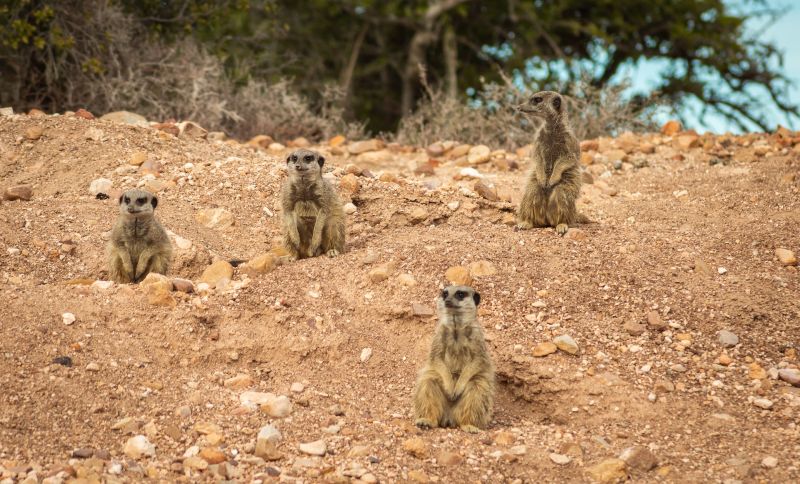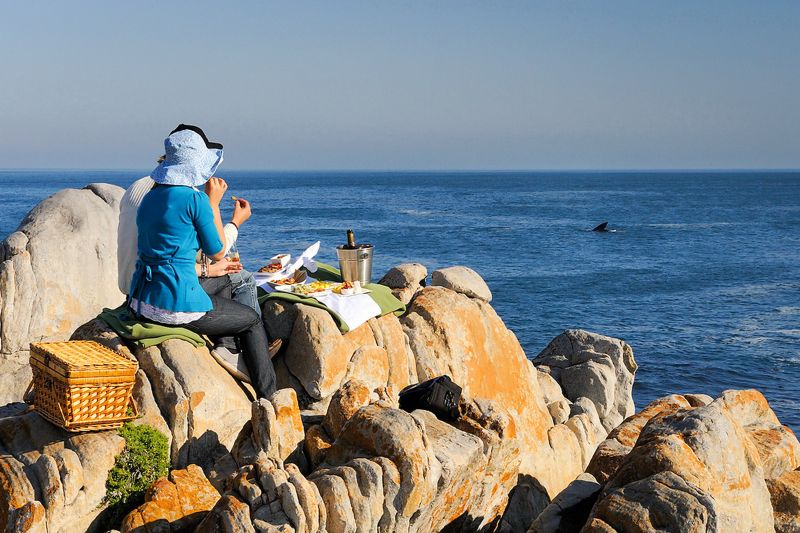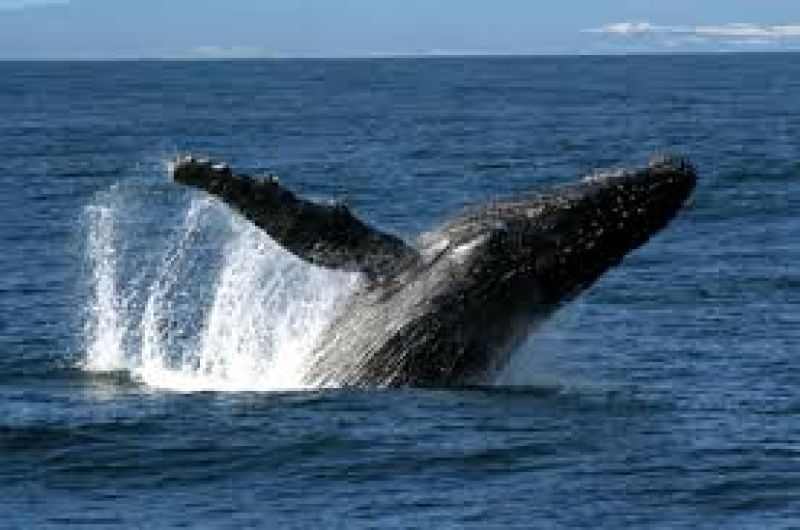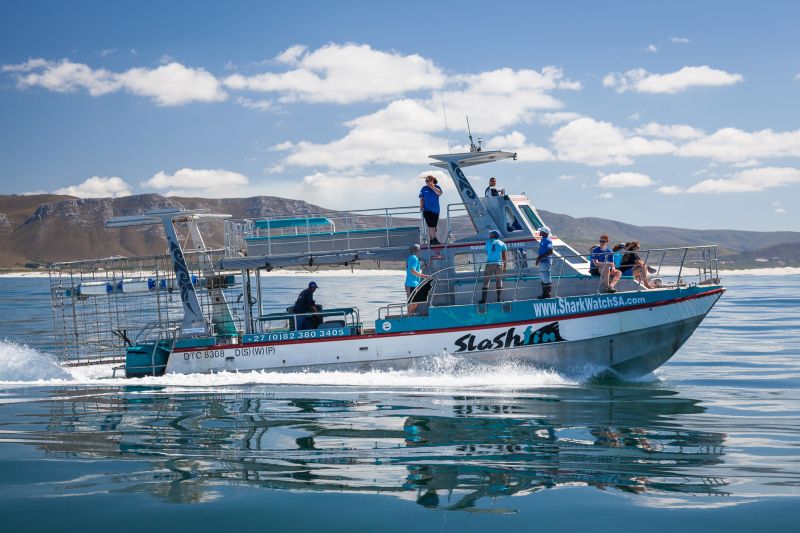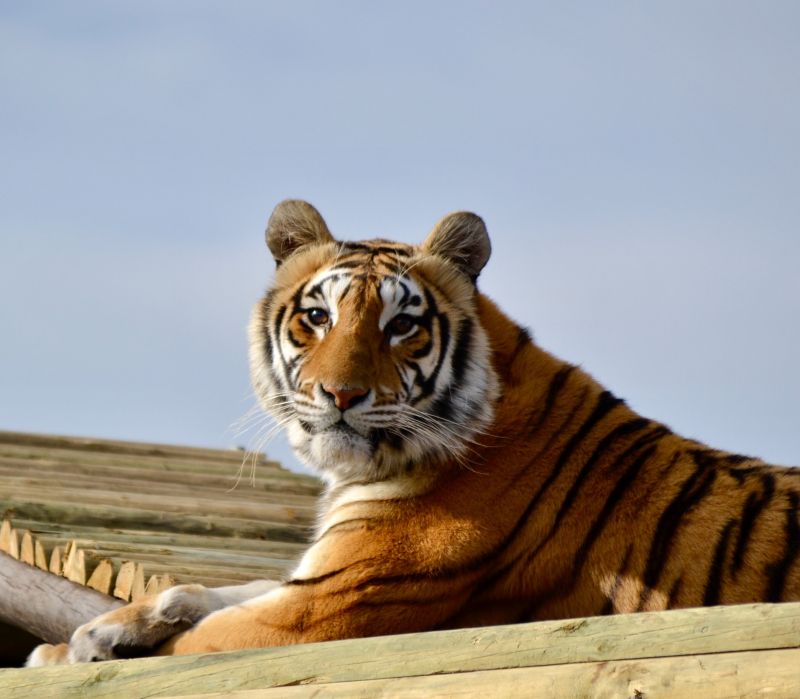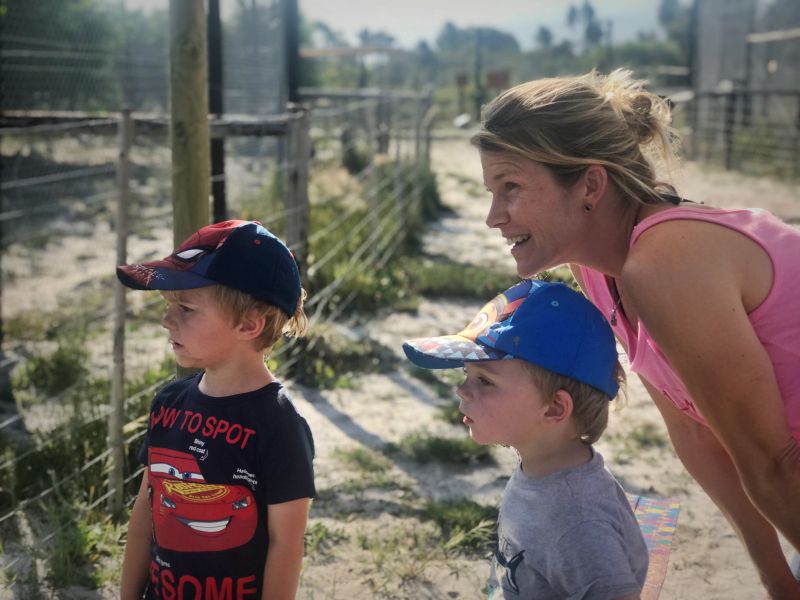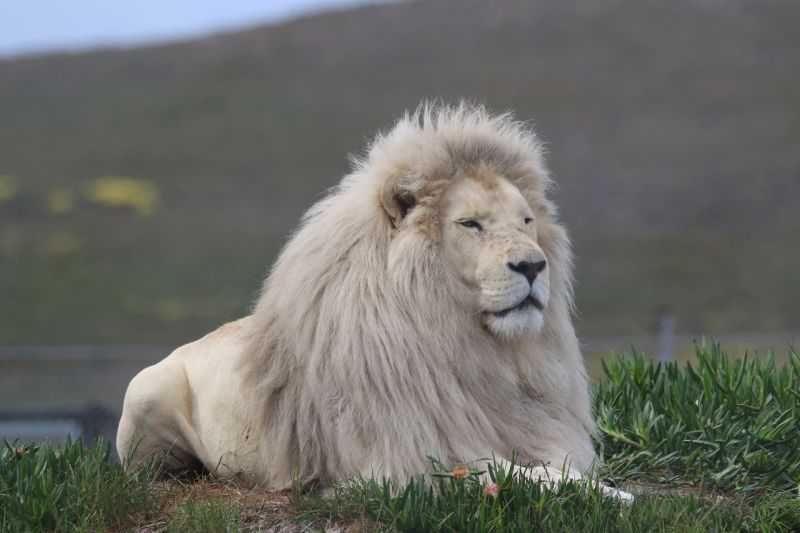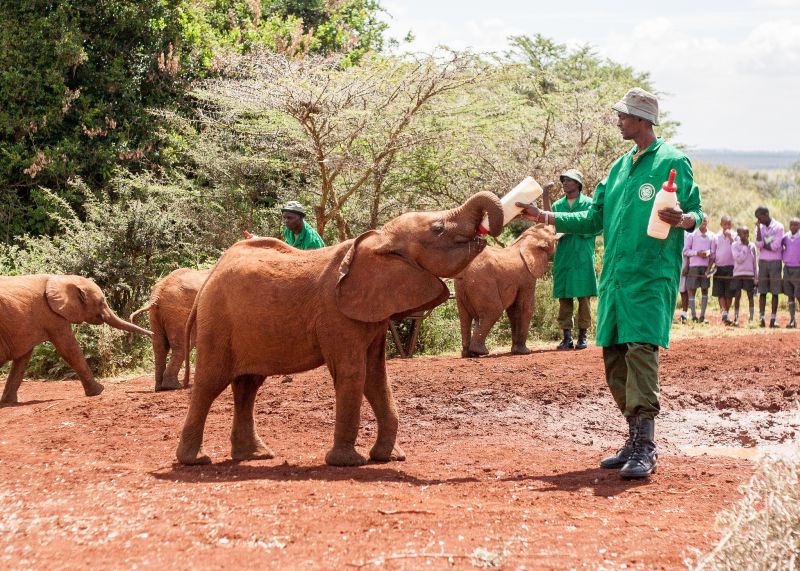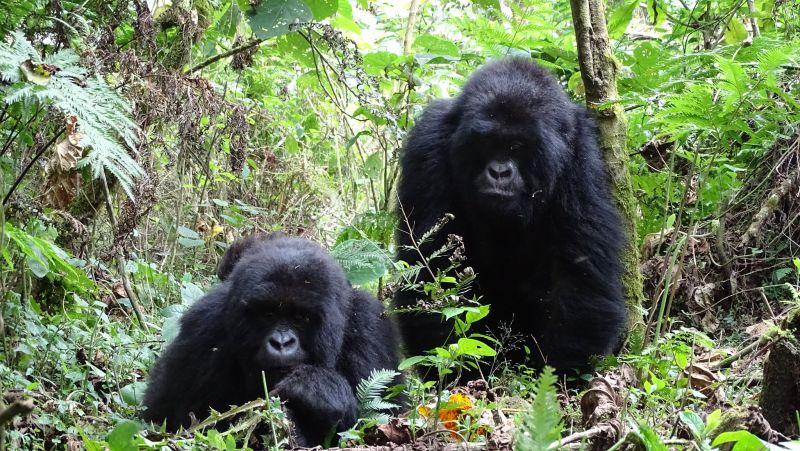For families
Fun (and ethical) experiences to enjoy with your kids
As enticing and exotic as it may seem to cuddle a lion cub or ride atop an elephant, these sorts of animal encounters are greatly intrusive and, in many cases, even cruel. The good news is, there are many ways to get right up close to animals and experience that transcendent connection so many of us crave, without crossing any ethical boundaries. Taking part in these sorts of encounters as a family, is also a great way to instil a sense of wonder in your kids about their fellow creatures and to teach them the importance of respecting all beings. Here are five ethical and fun animal encounters to experience in various parts of Africa:
